Seeker Bio
A Guided Tour of the Brooks Aqueduct and Kinbrook Provincial Park
A Road Trip to see Attractions near the City of Brooks Alberta Canada
An Agri-Tourism Guided Tour to Learn about Irrigation in the Brooks Newell Region of Alberta Canada
I had the good fortune to participate in a Guided Tour of the Brooks Aqueduct and Kinbrook Island Provincial Park near the City of Brooks, Alberta, Canada. The tour was led by a retired gentleman that used to work for the Eastern Irrigation District (EID). Admittedly, I wasn't all that interested in learning about irrigation at the beginning for the tour. However, the tour was fascinating and I ended up really enjoying learning about irrigation in the area and the interconnections of area attractions like the Brooks Aqueduct and Kinbrook Island Provincial Park on Lake Newell.
A Guided Tour of the Brooks Aqueduct and Kinbrook Provincial Park
On the Guided Tour of the Brooks Aqueduct and Kinbrook Provincial Park we learned that Brooks is in the heart of the Canadian Badlands. Back in the early 1900's agriculture in the Brooks Newell area was thought to be impossible. This area has a semi-arid climate and little rainfall. Additionally, there are no natural water sources in the region, not even lakes. Therefore, all the water that you see driving around the Brooks Newell region is part of the Eastern Irrigation District's system designed to make the area suitable for agriculture. There are no trees either. It's a strange thought but all trees have been planted, none of them grew naturally in the area.
Brooks Aqueduct, A River in the Sky
Built by the Canadian Pacific Railway in the early 1900's the Aqueduct was built out of reinforced concrete to cross a wide valley. At 3.1km long, it is recognized as the largest aqueduct of its type in the world! The Brooks Aqueduct was in operation for 63 years and is now both a Provincial Historic Resource and a National Historic Site.
Modern Earthen Canal in Brooks
The reinforced concrete aqueduct was decommissioned in 1979. It was replaced by a more efficient earthen canal. On the Guided Tour of the Brooks Aqueduct and Kinbrook Provincial Park we learned about evolution of irrigation systems over the years. Originally farmers used an inefficient flood irrigation method of watering crops. With the improvements in efficiency over the years they can irrigate 690,000 sq. km of land with the same amount of water that irrigated 50,000 sq. km back in the early 1900's. Modern irrigation is a very controlled and precise water distribution. As a result, the Brooks region is the most productive agricultural area in the province. Having some knowledge about the region and an understanding or irrigation practices makes driving through the area very interesting.
Lake Newell, Alberta
Lake Newell appears to be a natural lake. However, we learned that it is not. In fact, it is the largest man-made lake in Alberta. Interestingly, it is a large water reservoir for the entire region and is carefully managed by the Eastern Irrigation District. In addition to being an important asset for irrigation in the region, Lake Newell is also an important recreation area. Being the warmest lake in Alberta, it is perfect for canoeing, sailing, fishing, swimming, and motorized water sports. The Newell Sailing Club is based here.
Kinbrook Island Provincial Park, Lake Newell Alberta Canada
Kinbrook Island Provincial Park on Lake Newell is a short 14km drive south of the City of Brooks making it a great destination for a day trip or an overnight camping trip. The park was developed by the local Kinsmen Club who had the foresight to plant all the trees. The park gets its name by combining Kinsmen and Brooks into Kinbrook. The trees and nearby wetlands have become fantastic bird habitat making the interpretive marsh trail a favourite for birders. In addition to birding and watersports, Kinbrook Island Provincial Park is a popular destination for picnicking, volleyball, geo-caching, horseshoes, and even ice-fishing and cross-country skiing in the winter.
Kinbrook Island Provincial Campground
Kinbrook Island Provincial Campground is a large lakeside campground. It is a pleasant and peaceful campground that is also treed, thanks to the local Kinsmen Club. The provincial campground has 199 sites suitable for RVs and tents. Of these campsites, 14 are unserviced and 185 have power. Additional amenities include a concession, laundromat, drinking water, a dump station, washrooms, and showers.
Other Things to See and Do in Brooks Alberta
- Dinosaur Provincial Park a UNSECO World Heritage Site,
- Brooks and District Museum,
- Blackfoot Crossing Historical Park,
- White Barn Fun Farm, and
- Brooks Corn Maze.
Or continue learning about irrigation in the area with a visit to the Bassano Dam and EID Historical Park.
The Brooks Aqueduct and Kinbrook Provincial Park are Worth a Visit
A Guided Tour of the Brooks Aqueduct and Kinbrook Provincial Park was informative and fun. The tour changed my perspective on irrigation, and I found a new appreciation for the land in the Brooks region. There are so many interesting things to see and experience in Brooks Alberta. I would like to go back, book a camping spot, and finish my irrigation tour with a visit to the Bassano Dam and EID Historical Park. Naturally, my plan would include two of my Alberta bucket-list adventures, Dinosaur Provincial Park, and Blackfoot Crossing Historical Park.
A Guided Tour of the Brooks Aqueduct and Kinbrook Provincial Park
A Day Trip to see Attractions near the City of Brooks Alberta Canada
Travel Guide
-
- Attraction, Tour
-
- RV Park or Campground
-
- Historical Site
-
Brooks
-
Alberta
When you subscribe to the blog, we will send you an e-mail when there are new updates on the site so you wouldn't miss them.

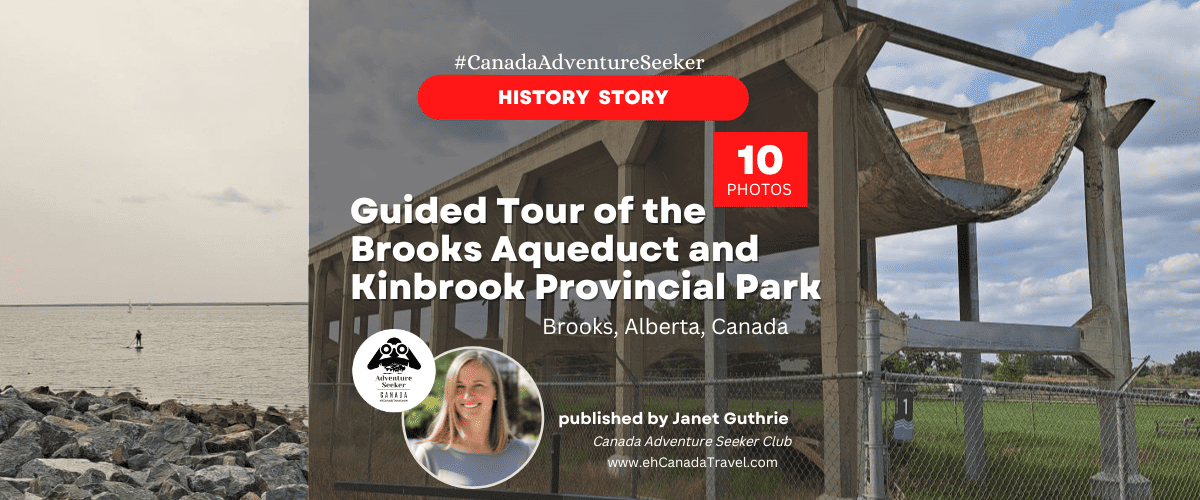
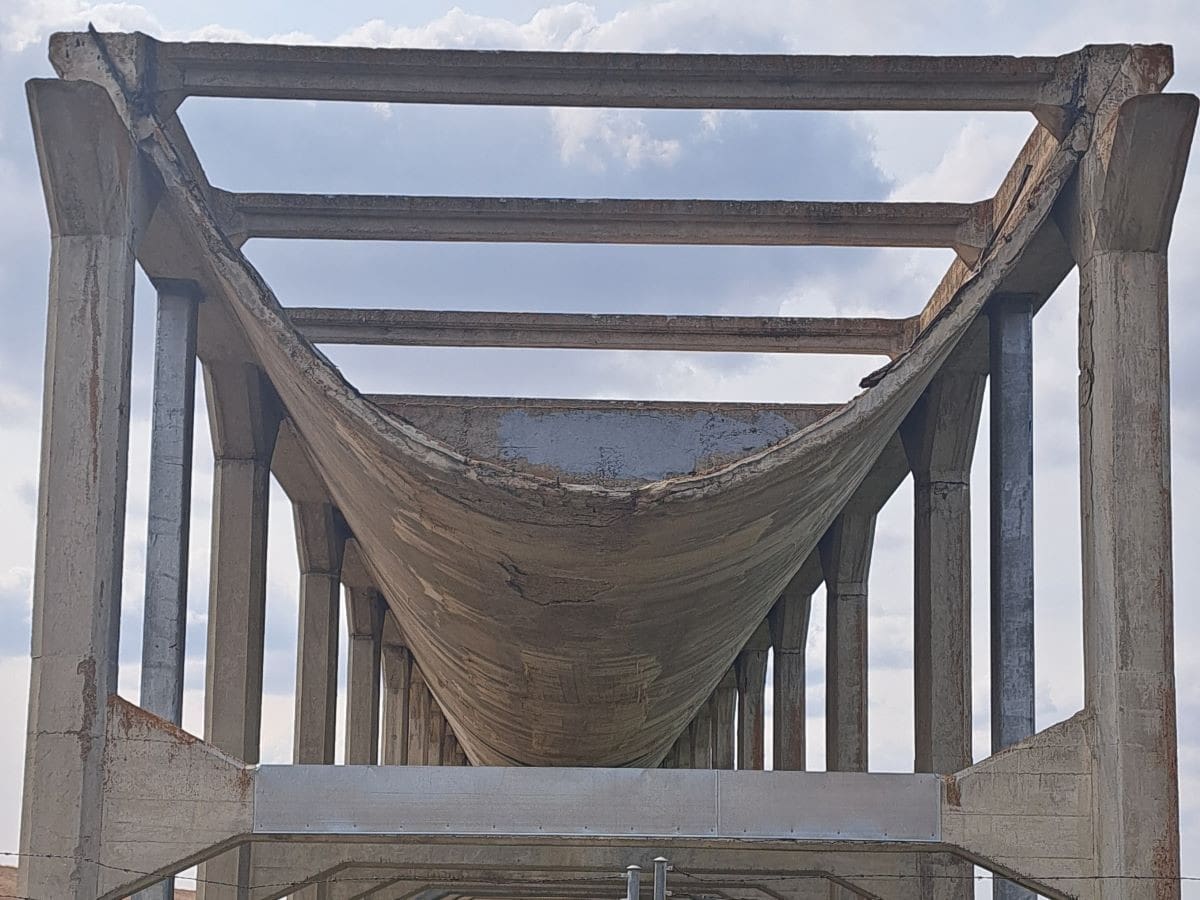
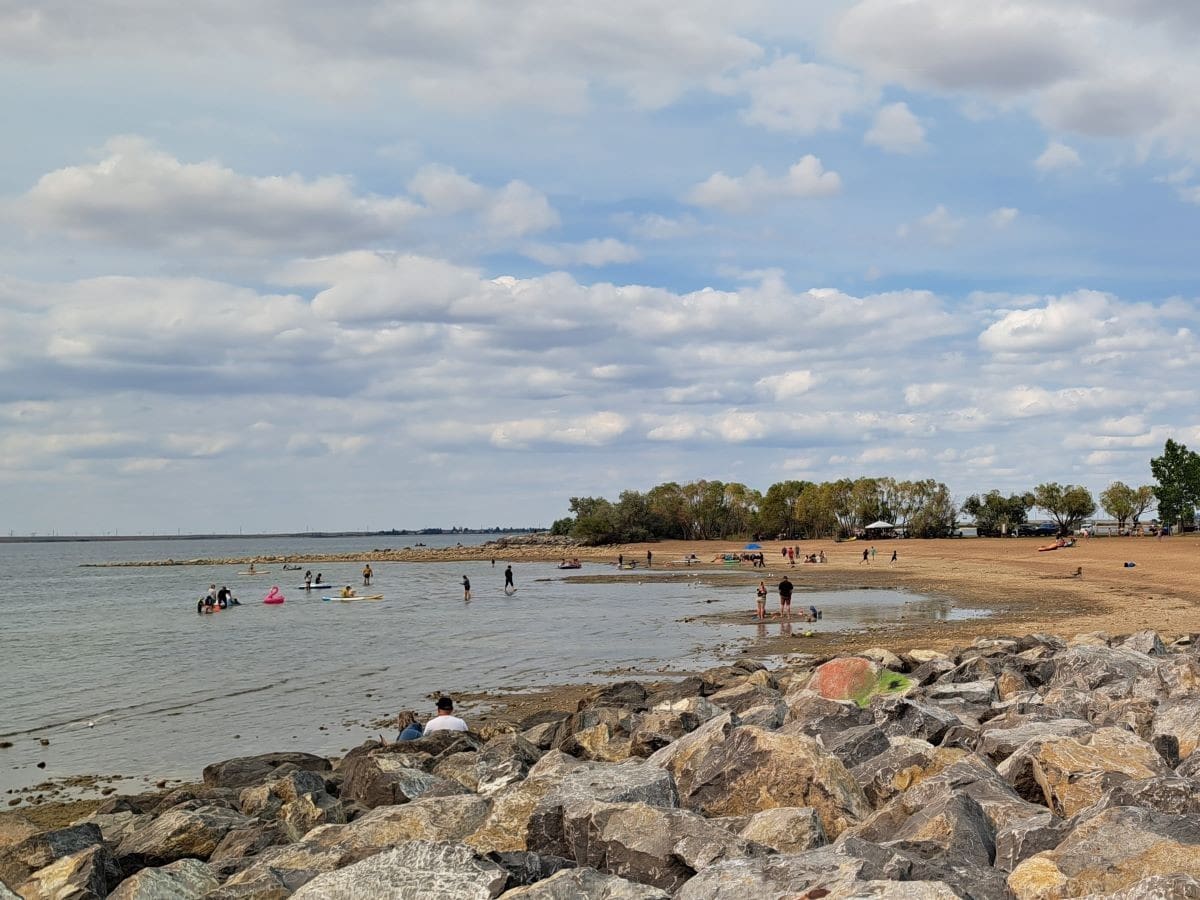
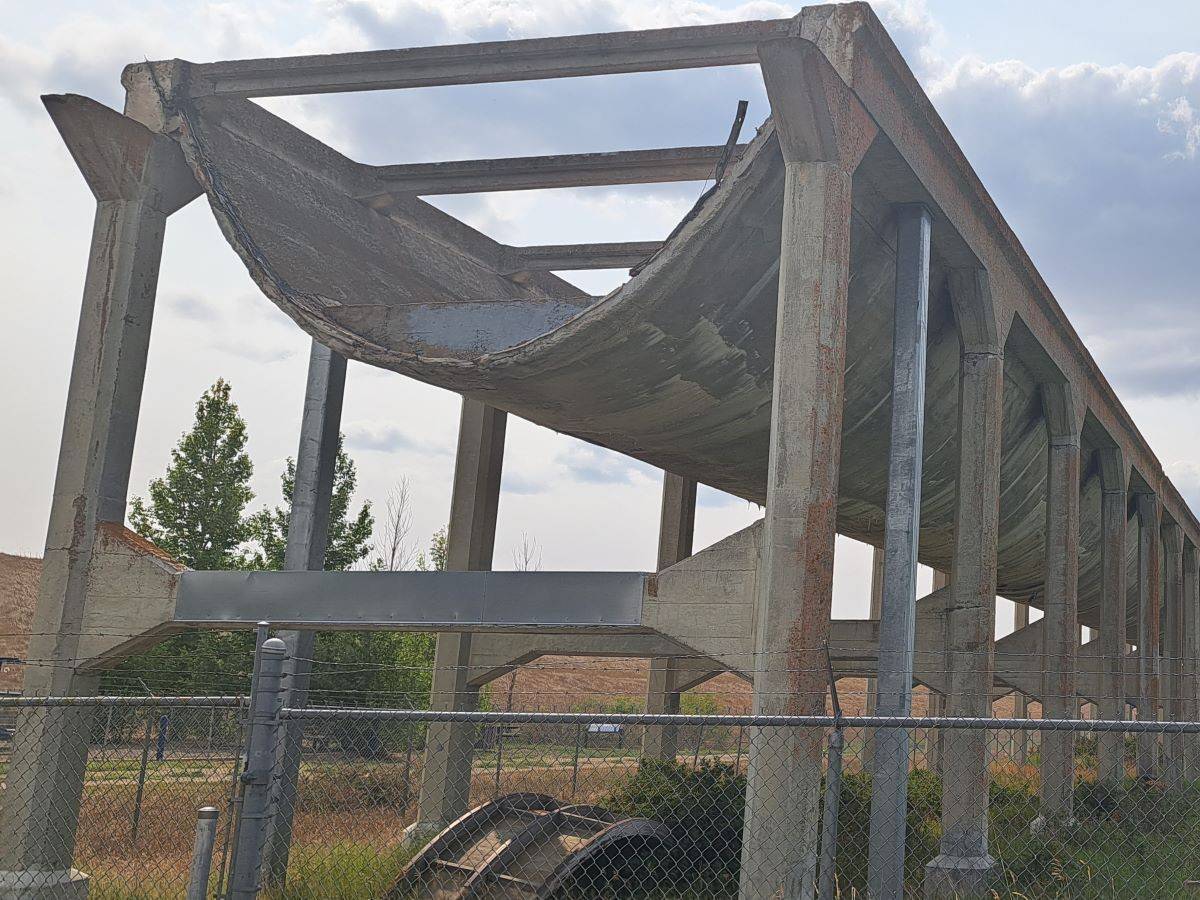
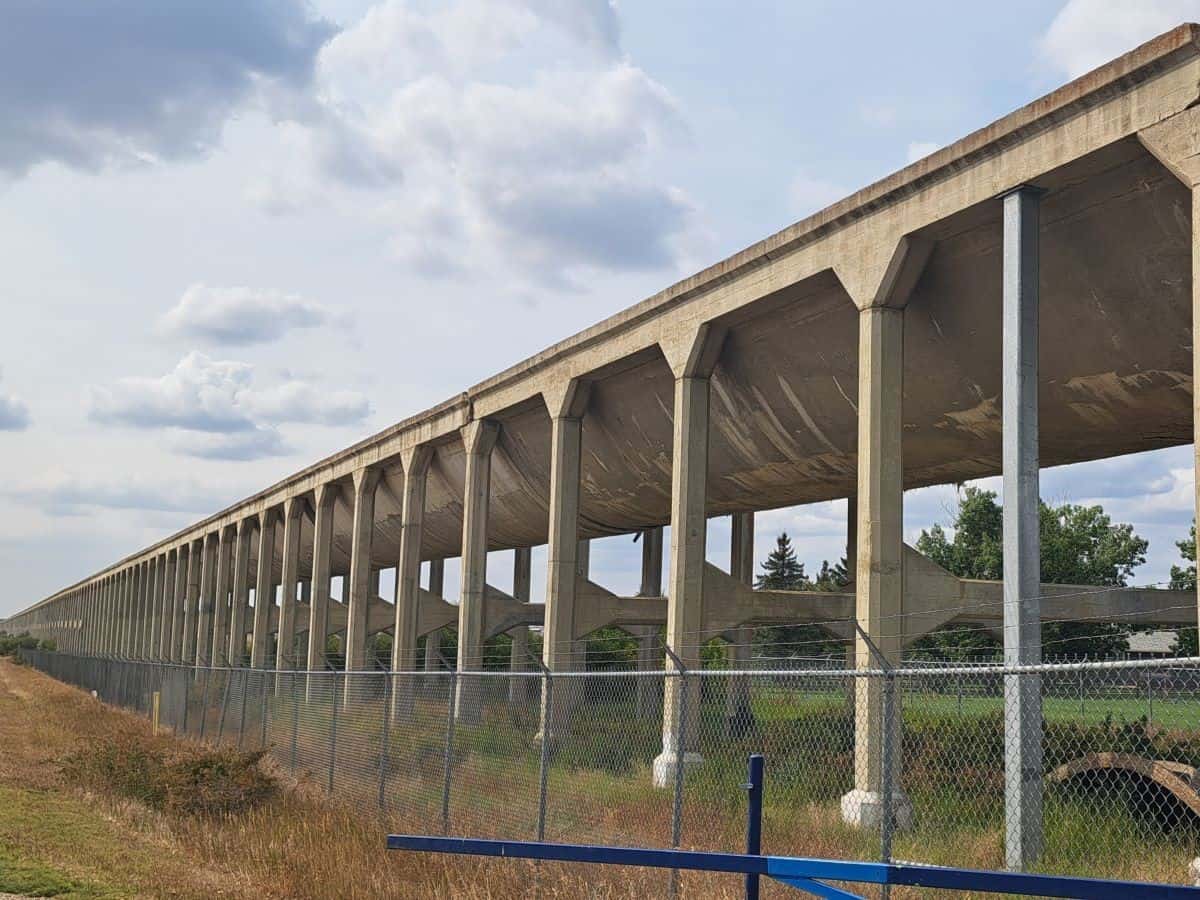
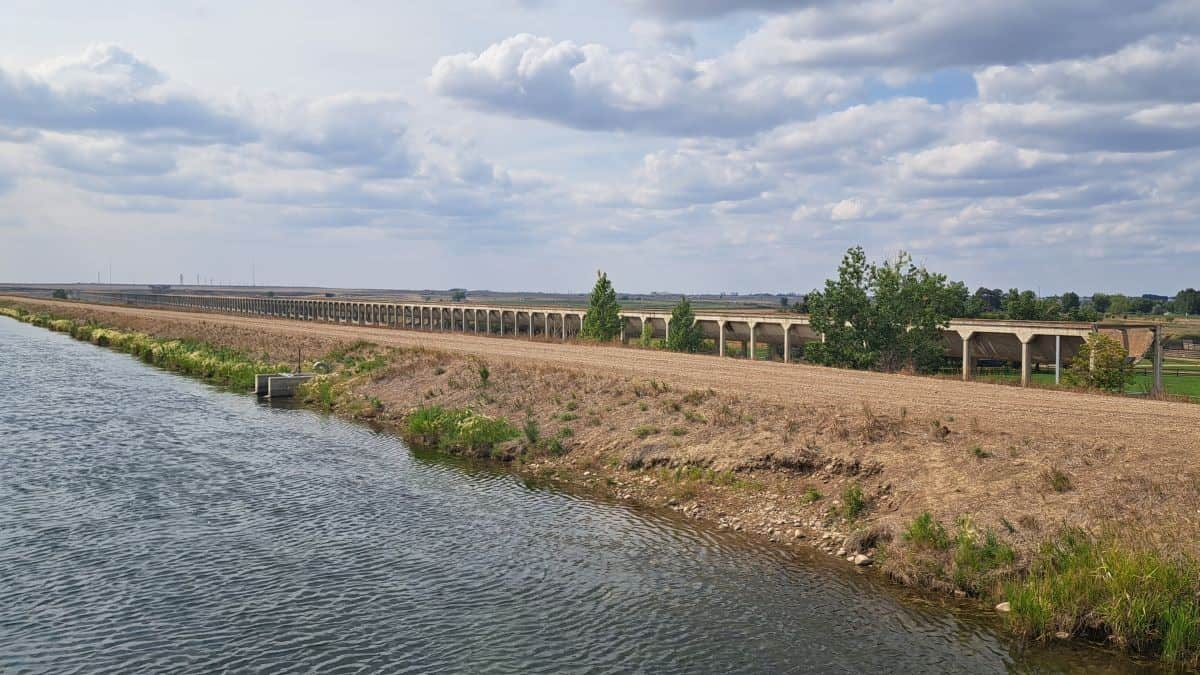
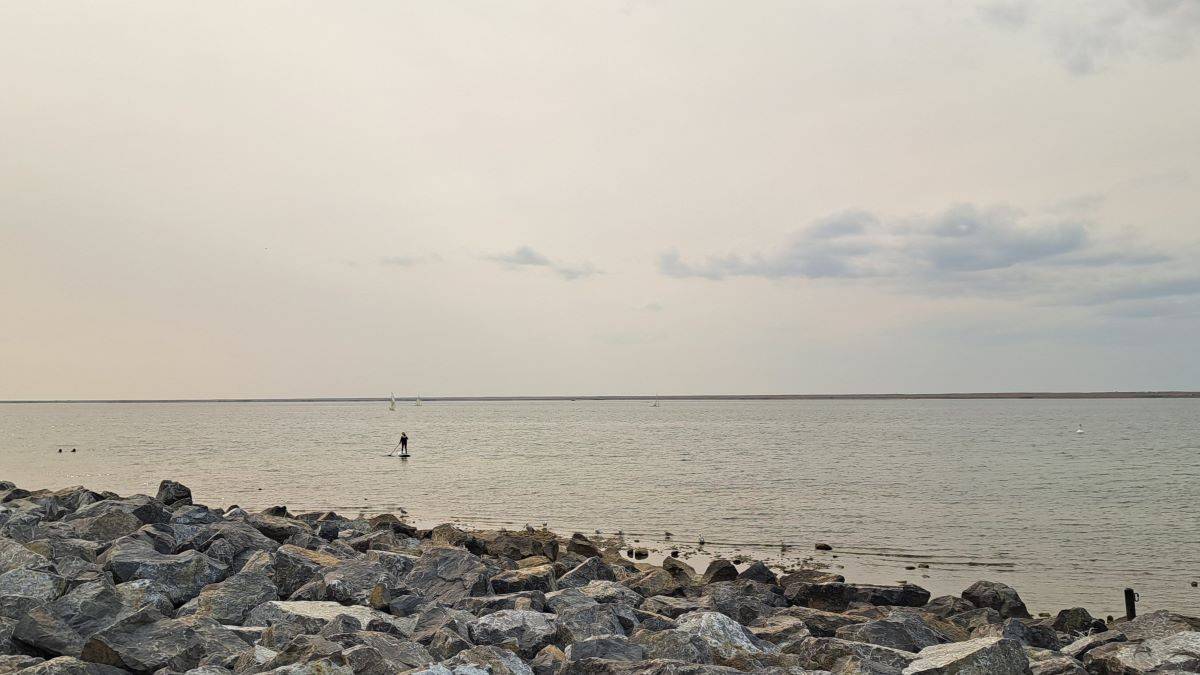
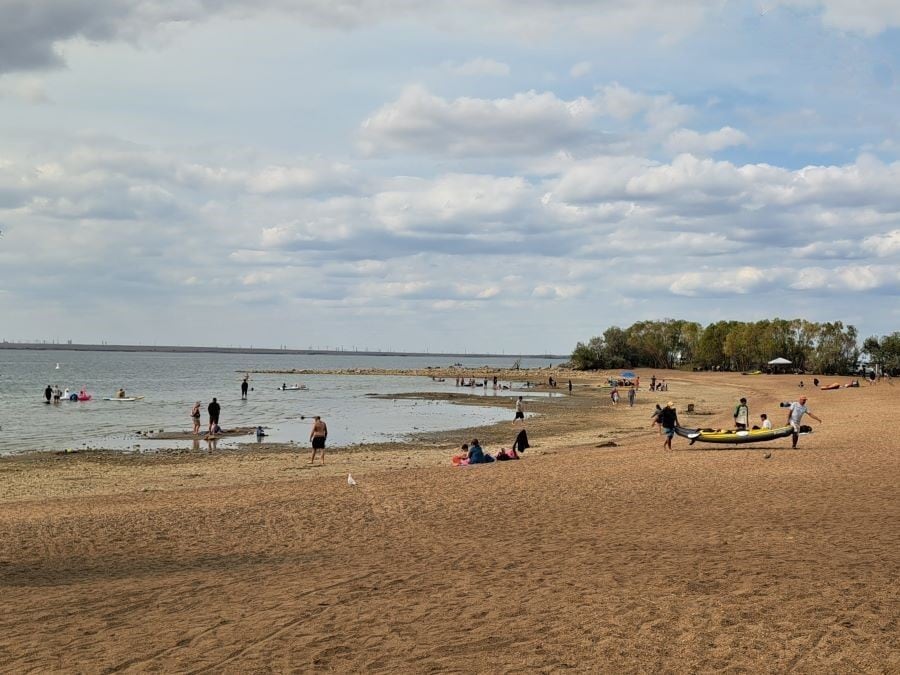
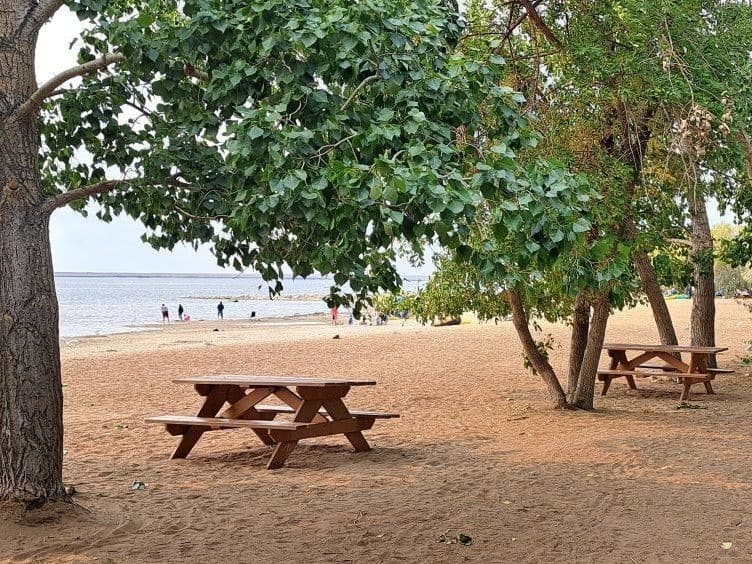
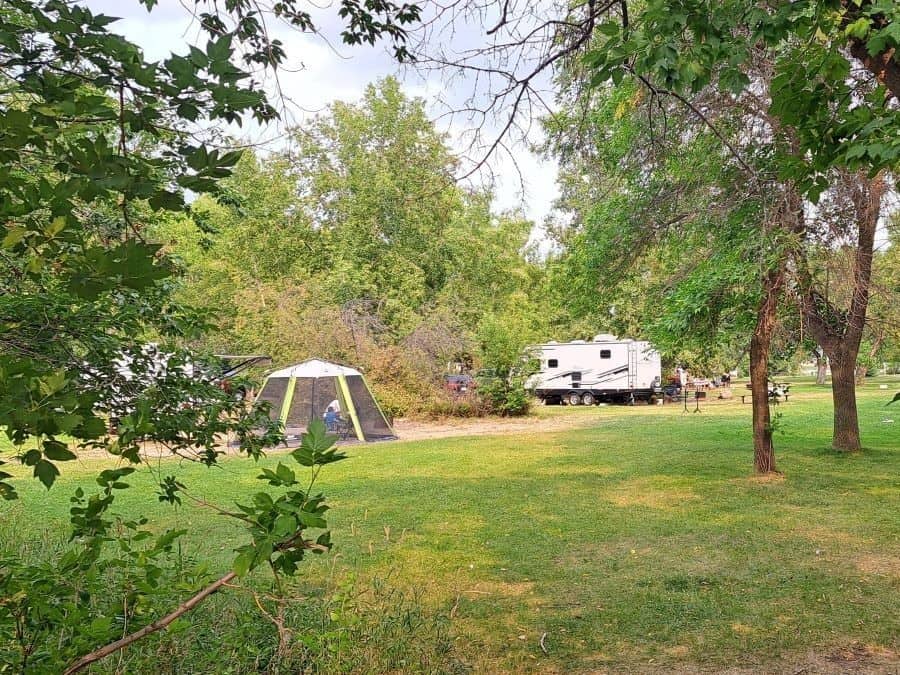
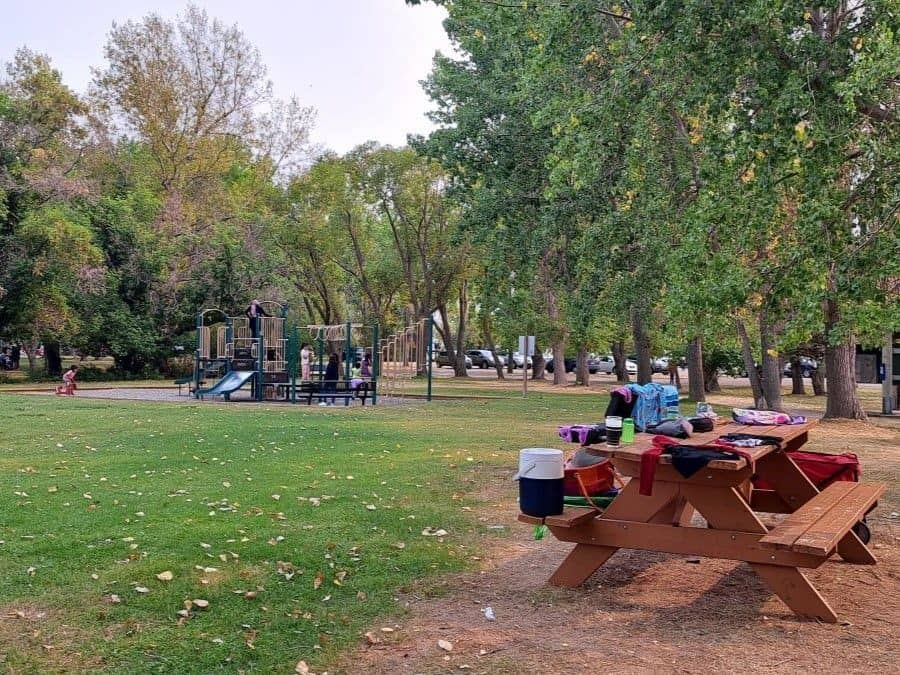
Comments 6
I love this! Weird, I know haha but it really is fascinating to learn the history of water, or lack thereof, in southern Alberta. Great article. Lots of great information and history about the area in 1 spot.
I know right?!! It was a really interesting tour. I always those long stretches of irrigation systems and thought that they must use so much water but in reality, they don't use a single drop more than they did originally in 1915. They are just that efficient now.
The Brooks Aqueduct was new to me, and I enjoyed reading about it and the surrounding area!
Thank you Kim. I am glad that you enjoyed it.
Fantastic - you've written a compelling blog about irrigation. Great information. I would never have guessed that was a man made lake or that all the trees had been planted.
Thank you Diana